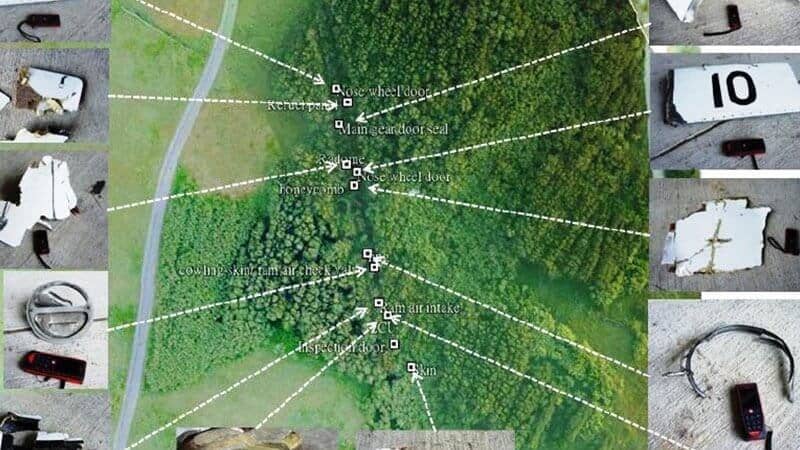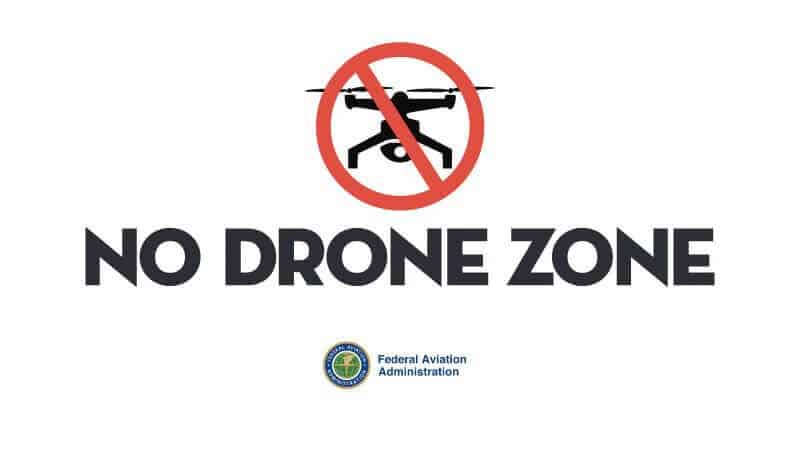If you own a drone, the registration deadline is approaching. The Federal Aviation Administration requires all unmanned aircraft systems to be registered before flying outside. If you own a Drone, you have until Feb. 19 – Friday – to register. The federal law requires registration. Registration is inexpensive and is valid for three years and the online process is easy. The FAA now requires every drone, R/C aircraft owner to register aircraft … Read More
FAA Updates Washington, DC-Area Unmanned Aircraft Procedures
The Federal Aviation Administration (FAA) is updating its conditions today for flying unmanned aircraft in the area between 15 and 30 miles from Washington, D.C. to clarify differences for various types of unmanned aircraft. As of 12:01 a.m. EST, Wednesday, February 10, the operating procedures will allow model aircraft, commercial and public users to operate in the outer ring of the Special Flight Rules Area (SFRA) under specific conditions. The … Read More
Small Drones Have Big Impact for Accident Investigators
When air safety investigators with Taiwan’s Aviation Safety Council (ASC) mobilized to the island of Hoko on July 24, 2014, to find out why a TransAsia Airways ATR 72-500 crashed into residences near Magong Airport, they brought along a new tool—a ScientificAerospace quadcopter with a digital camera and inertial and altitude sensors. Investigators with the U.K.’s Air Accident Investigation Branch (AAIB), who have also been deploying sUAS over the past … Read More
Drone Aids TransAsia Flight 222 Accident Investigation
The Taiwan Aviation Safety Council (ASC) successfully deployed a sUAV as part of its investigation into the July 23, 2014 crash of a TransAsia Airways ATR-72-500 on the island of Hoko, west of Taiwan. Drones for investigations is a growing trend among crash investigators worldwide, due to their ability to access remote locations or to quickly perform a site survey while gathering data at a lower cost than manned aircraft … Read More
Safety Tips for Using Lithium Polymer (Li-Po) Batteries
All remotely piloted vehicles will have at least a battery for the control and some kind of power source for propulsion. The power can come in many forms from rubber band power to gasoline to rocket motors, however, lithium polymer (Li-Po) batteries are far and away the most common energy storage platform for drones and UAVs. Batteries are an easy thing to take for granted. Almost everything we use requires … Read More
What You Need to Know About No-Fly Zones
The Federal Aviation Administration (FAA) is becoming more stringent about No-Fly Zones for consumer drones, in both the commercial and recreational categories. Fortunately, they’re also providing a wealth of information for UAS operators to keep them from falling out of compliance. What’s Off Limits? The FAA is putting heavy emphasis on their partner drone education program, Know Before You Fly. Here you’ll find a run-down of your flight path restrictions, … Read More
Steps to a Safe, Successful Drone Flight
With the public’s ever-increasing negative perception of drones, safe and responsible flying is something every pilot should be doing. Although many variables factor into each flight, there are several steps you can take to guarantee every flight you perform is completed as safe as possible. Numerous safety features are being added to new drones as they come out, such as GPS stabilization, obstacle avoidance, and even geo-fencing that prevents flying … Read More

